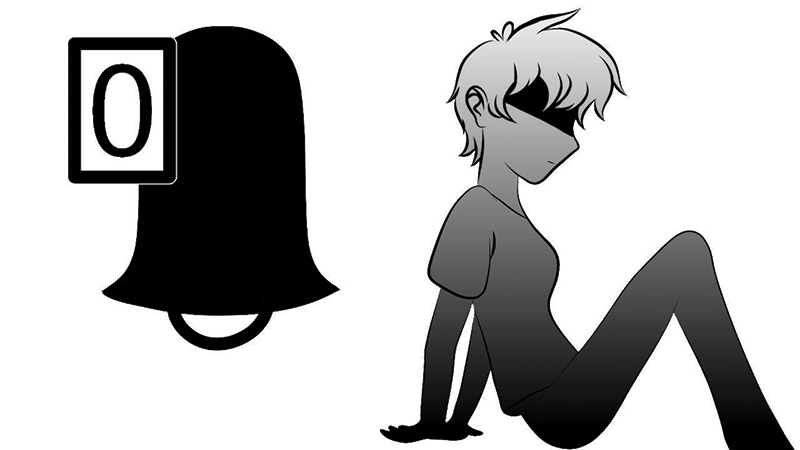The Pros & Cons of Social Media
by Victoria Chiaramonte
It’s Inevitable. Social media is everywhere, and everyone uses media of all kinds to spread information to mass amounts of people all over campus. As news pops up everywhere and we go about discussing the various topics and events of the day, the question that must be asked is whether or not social media is having a negative impact on young students. The students of Cape Cod Community College (4Cs), just like students at any other school in today’s day and age, struggle with that question all the time.
When social media was originally created, its main purpose was to spread news and awareness faster and more effectively. It gave individuals in society a platform to give their opinions and ideas on different subjects, while reaching an extensive audience. It has evolved into something much more than we could have ever imagined. What started as a way to communicate, has become the cause of a lot of negative situations on a daily basis. Social media as a whole has also brought a lot of good to the world, but today it seems to be filled with more dark content than positivity.

Illustration by: Harley Turso
“One negative aspect of [social media] is that because people are creating their own smaller words and sentences, reading and writing is at a decline,” said Tish Vargas, a tutor at the 4Cs Writing Center. “Students are asked to write these long grammatically correct sentences and they aren’t used to writing that way anymore.”
Social media does in fact affect our verbal abilities to comprehend more complex aspects of grammar and mature conversation, but being adamantly aware of how you are writing and how you are speaking can go a long way. By using less abbreviations and more full sentences, you can easily decipher the difference between the online world and real life.
“Some things can be triggering on social media, or other people can put people down. Although social media can go both ways,” said Meghan Bozora, a member of the Active Minds Club.”
Psychology has shown the negative effects that social media has brought to those struggling with mental illnesses, but social media can also be a helpful tool, depending on the way you use it.
“It is good for bringing awareness about mental illnesses and how they can be helped,” said Bozora.
If someone feels like they need to take a break from social media because of how it is affecting them, then they absolutely should do so without shame. It is very healthy to give your mind a rest from all of the controversy and negativity.
Massachusetts Institute of Technology Professor Sherry Turkle held a Ted Talk entitled ‘Connected, but alone?’ which touched on these very issues of social media.
“Across the generations, I see that people can’t get enough of each other, if and only if they can have each other at a distance, in amounts they can control,” said Dr. Turkle. “Society, especially the younger generations, have to be careful about how much time they spend browsing through social media. Everyone gets so used to and attached to the idea that they can stay far away from each other and live mentally healthy lives that way. This couldn’t be further from the truth. The more time we spend running away from reality and each other, the more we learn that we don’t have to accept truths and live with imperfections. Life isn’t perfect. The moment communities come to terms with that fact, the sooner we can open up about real struggles and find modern solutions.”
Modifying and re-modifying our possessions, our bodies and our friends will only heighten major issues that are already very prevalent in today’s world. It is impossible to live our whole lives without interacting with each other. Face to face communication is pivotal for early brain development and to defeat the condition of loneliness. Isolation is not the answer. Use social media to meet people and spread awareness about various issues, but do not use it as a tool to build a wall against the world.
Categories: Editorials,